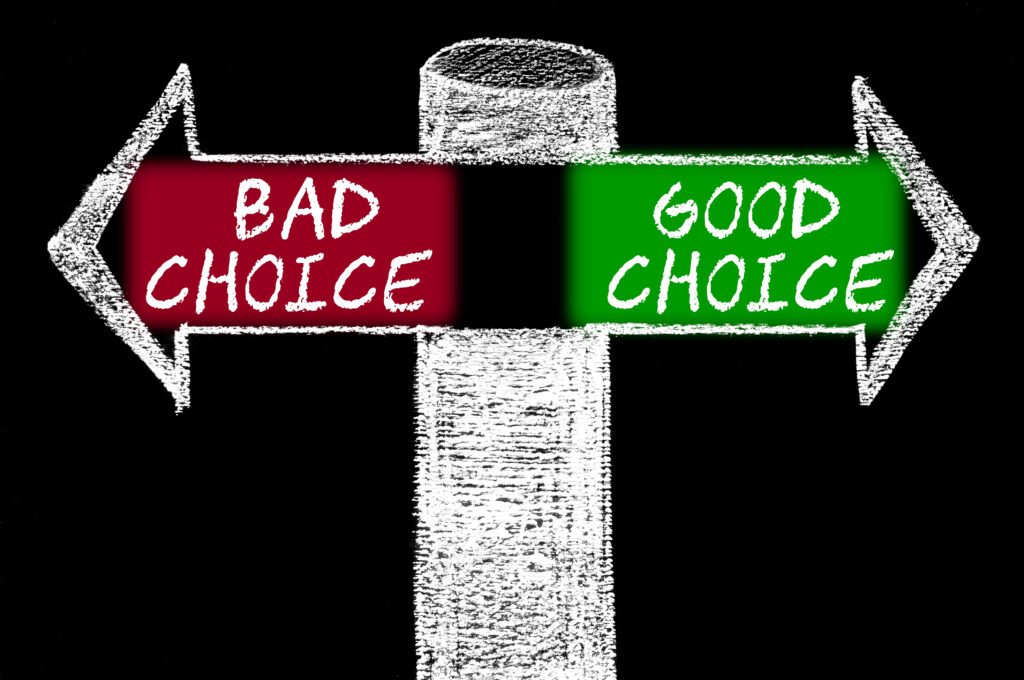The Security Executive Council’s Analysis
Recently, I read a study by The Security Executive Council that identifies increasing incidence of incivility and related negative behaviors, including rule breaking, disorder, and violence, that is costing U.S. businesses billions of dollars in lost productivity and absenteeism attributable to incivility. The report identifies environments such as retail floors, call centers, offices, and public spaces. While some companies have enhanced their security measures and operational changes, others remain unprepared for the scope and pace of these developments.
Addressing Uncivil Behavior
According to the study, managers are often unsuccessful at addressing rude behavior, which may contribute to employee disengagement and cynicism. The public is deeply concerned about rising local crime, with retailers reporting an increase in violence risk during theft incidents.
We are all-too familiar with smash and grab incidents where youthful offenders break through the outer glass of a storefront and grab whatever they can. These offenders have gotten so bold that they now do so during daylight, work hours. In California, new laws strengthen felony sentences for large-scale theft crimes and allow prosecutors to combine the value of stolen goods from multiple incidents to meet the felony threshold of $950 or more for reporting. In other words, if an offender steals $950 on one break-in, they will be prosecuted. If they do not, they won’t be prosecuted. However, if they are multiple offenders, the value of each theft is combined to see if the $950 threshold for reporting has been met.
Making the Right Choice
Civility requires that we make the right choices when dealing with others–how we treat them, respect, responsibility and ethical behavior. By doing so, we reduce or eliminate the desire to act selfishly and ignore the needs of others. The following are descriptions of bad behavior that need to be addressed by society to ensure we make right choices, not wrong ones.

Incivility and Disrespect as Emerging Workplace Norms
Incidents of customer aggression have also grown; the National Customer Rage Study reports more yelling and hostility toward frontline staff, with nearly one in five Americans admitting to uncivil behavior toward businesses. Online harassment and cyberbullying have escalated as well. The impact on businesses includes reduced engagement and collaboration, increased absenteeism, reputational harm in customer-facing roles, and higher turnover rates among employees exposed to uncivil environments.
Defiance of Rules and Law
According to the Security Executive Council report, since 2019, increases have been reported in shoplifting, organized retail crime, non-residential burglary, cargo theft, porch piracy, and fraud, including those enabled by deepfake technology. Internal policy violations linked to substance use affect productivity and safety; there has been a rise in workplace overdose deaths and lost workdays due to untreated substance use disorders. Businesses have responded by investing in loss prevention, insurance, audits, internal controls, and employee support, with sectors such as retail and hospitality experiencing pronounced effects due to tighter profit margin.
Rising Threats and Violence
Revised federal data indicates violent crime rates remain high compared to pre-pandemic levels and hate crime incidents have increased. Workplace violence persists as a concern, particularly for public-facing positions, and there has been a growth in threats against executives, including cases involving weapons, leading to increased spending on executive protection and facility hardening. Even without specific incidents, perceived threats can affect psychological safety, recruitment, retention, and insurance or liability costs.
Conclusions
The report concludes: (1) costs associated with incivility are extensive and the public is becoming more aware of them and the costs of performance. Needless to say, there is a downward effect on profitability. Also, (2) leadership gaps may cause additional workplace stress and dysfunction.
I asked AI about what businesses do about these problems and here is what it said:
” Businesses protect against theft by implementing a combination of physical and procedural security measures, including installing surveillance systems and alarms, securing physical access with strong locks and access controls, and training employees on security protocols and theft prevention. They also reduce risk through regular audits, inventory checks, and good customer service, and by maintaining well-lit and visible premises.”
Many of us have gone into stores like Target in the SF Bay Area, only to find a lot of the products we want are locked up and we have to find someone to unlock where they are to buy the product. This says it all about how we have morphed into a selfish, uncaring society. Obviously, not all people engage in these acts. In fact, it’s a large minority. However, as in many things these days that affect our lives and enjoyment, it’s the acts of the few that mess things up to the many who play by the rules, rather than make up our own rules.
Blog posted by Steven Mintz, Professor Emeritus Cal Poly San Luis Obispo. To learn more about Steve’s activities, visit his website at: www.stevenmintzethics.com.
